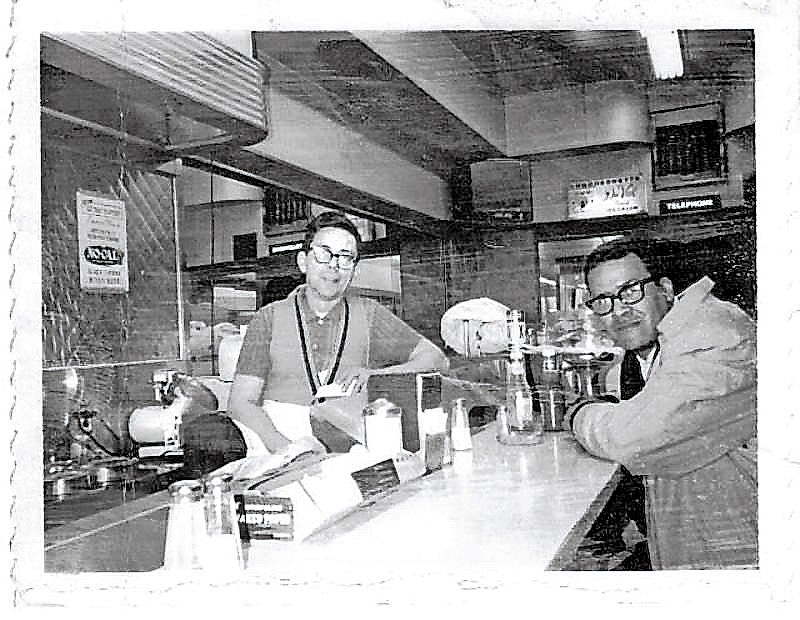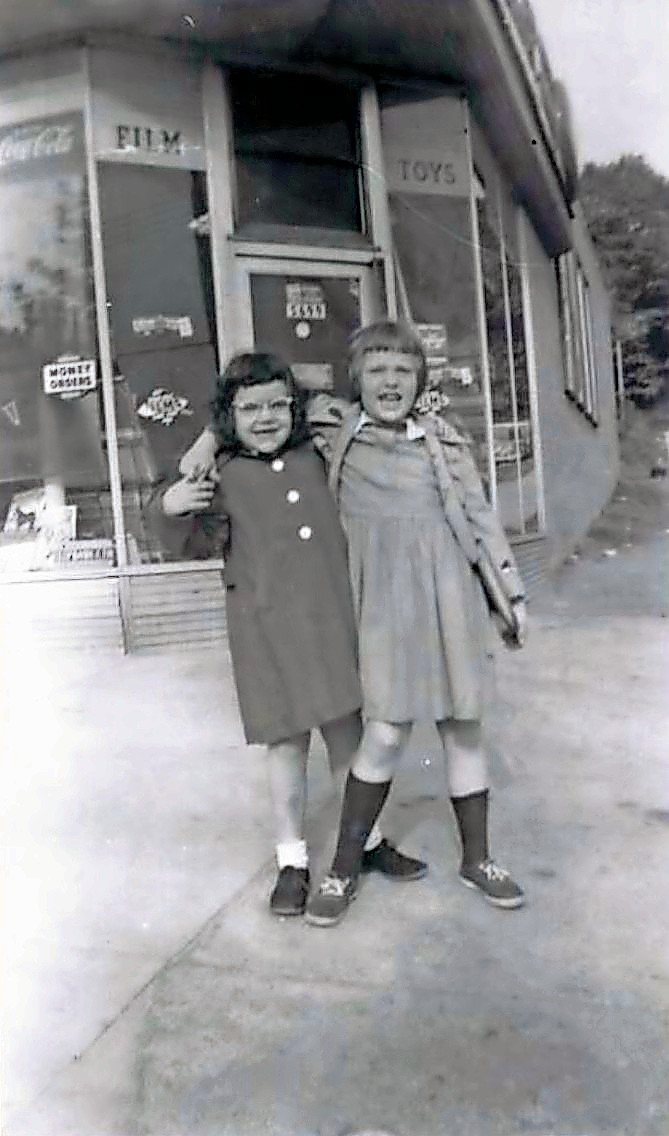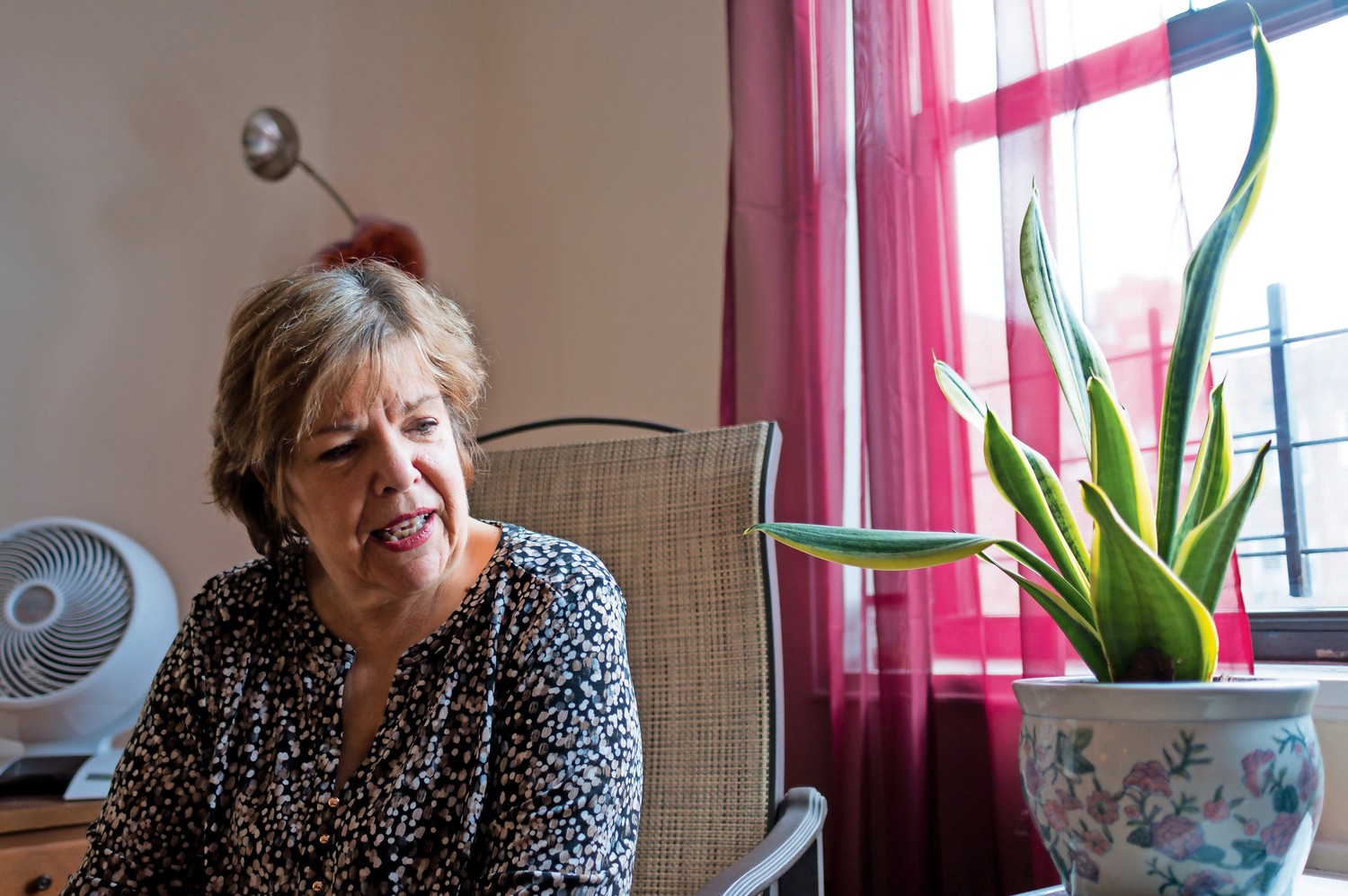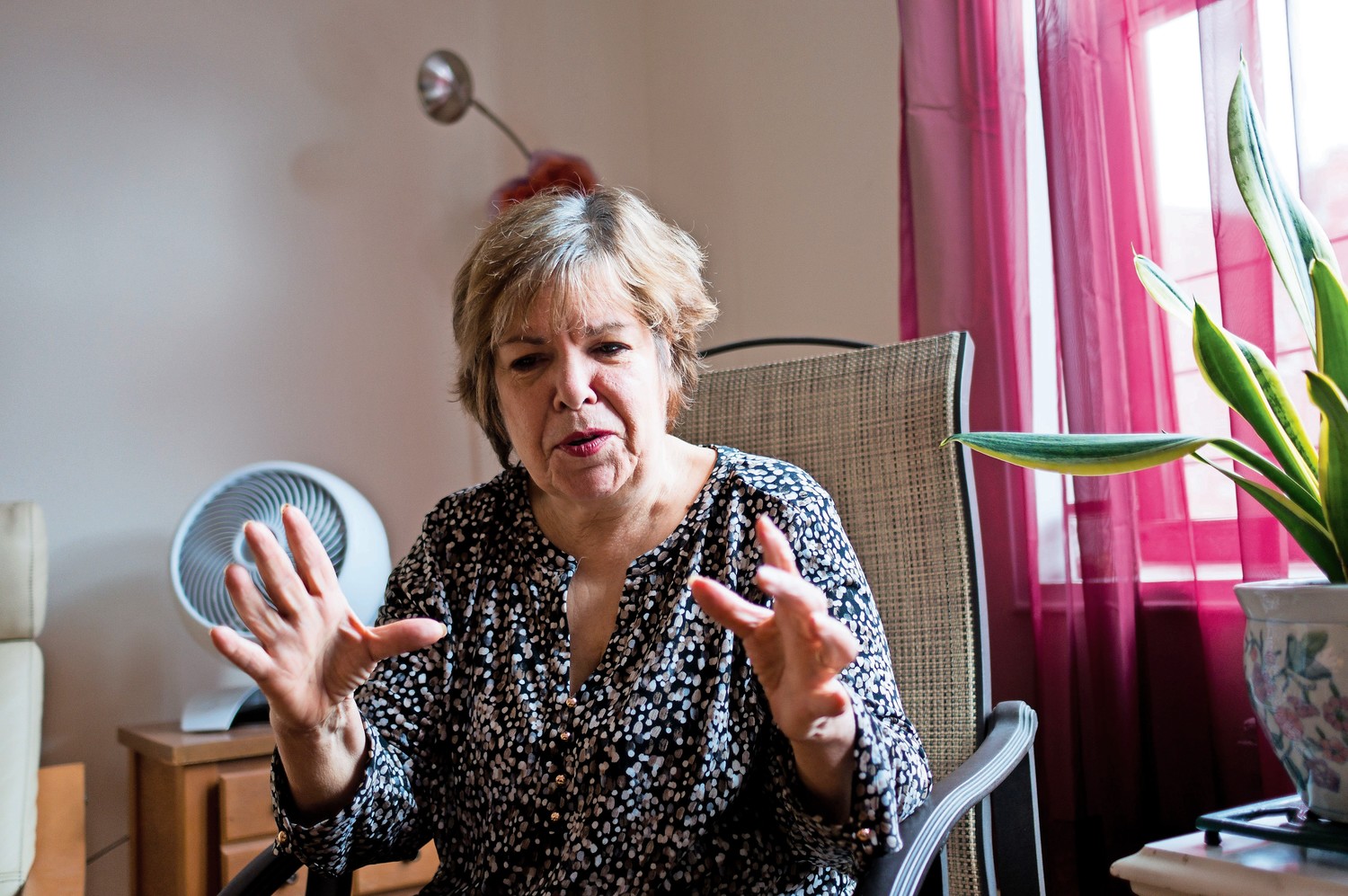Nostalgic novelist remembers Riverdale
Remember when Riverdale Avenue was paved with cobblestones? Or when the Dunkin’ Donuts and everything else behind Skyview Café and Delicatessen was all forest and rocks?
Deborah Eiseman, who has lived in Riverdale for more than 60 years, can tell you all about it. And like many writers, she’s filled with stories both real and imagined.
“My bird is buried right under Dunkin’ Donuts,” Eiseman said. “When I was 9 years old, we buried him right behind the store.”
That store was Jimmy’s Luncheonette, a small restaurant owned by her father, Jimmy Sanchez. It was located on the corner of West 259th Street and Riverdale Avenue where the Riverdale K-Grill House now sits.
Jimmy’s was something right out of “Grease” combined with an old North Bronx 1950s swagger. When she imagines her father, Eiseman sees him in his apron behind the long counter with red leather padded seats.
It was back when the College of Mount Saint Vincent was an all-girls school, and students from there would visit Jimmy’s in their poodle skirts and order burgers, or buy candy. For others in the neighborhood, there were Archie comics, toys, and Eiseman’s favorite, egg creams.
“It was a hub and it was open from morning to night, seven days a week,” she said. “It was a hangout, and kids loved the jukebox and would have their ice cream sodas. But I was a little kid, so I would take naps in the back of the store.”
Inspired by her childhood, Eiseman writes memoir pieces about her life through the online news outlet ThisIsTheBronx.net. She recently wrote one reflective piece about her career and motherhood called “Being in Labor is Easier Than Writing a Book.”
Eiseman should know, she’s the author of two books: “In a Mother’s Arms” and “Portrait of Desperation.” Her very first published poem, however, was found in The Riverdale Press — “Ode to a Teenager.”
In “Mother’s Arms,” there are some true facets that are based on parts of Eiseman’s own life. The book centers on three women going through the hardships of woman- and motherhood during the first half of the 20th century. To Eiseman, they were a part of the generation of “the greats” because they survived the Great Depression and World War II.
Eiseman’s grandmother was burned to death in Hungary where she was thrown into a vat of prune butter much like a character in her book. Then the same character’s granddaughter falls in love with a Latino man who practices outside of her religion, very much like Eiseman’s own mother, Rose, who fell in love with her father, Jimmy Sanchez, who was originally from Puerto Rico.
“I really had to write ‘In a Mother’s Arms’ and what it means to be a woman and mother and how you can have your own identity and the conflicts that come with that, and what happens when you leave family tradition,” Eiseman said. “Does it take something from you? Or does it make you stronger?”
The book not only reflects the women in Eiseman’s life, but her family’s story as immigrants escaping anti-Semitism. At a book talk April 17 at The Riverdale Y, Eiseman was expected to speak about her novel as well as the parallel between women’s issues back then and those of today.
Eiseman describes her mother as a rebellious woman who was even rumored to be a tango dancer flipping expectations on their head. Not only did she marry who she wanted to marry, but she also was a suffragette fighting for women’s right to vote.
“My mother was one hell of a woman,” Eiseman said. When she was a child, her mother would sit at the lunch counter for a few hours like a queen, getting up only to manage the cash register when customers arrived.
Her mother died when Eiseman was just 21. Her father, however, would live to 96.
Eiseman’s childhood was filled with tennis lessons, accordion playing and singing. As she got older, Eiseman took up teaching, spending many years at DeWitt Clinton High School. She and her husband Ed have been married 44 years, and together they have two daughters. Eiseman describes her husband as “wonderful, period.”
Today, luncheonettes like her father’s don’t really exist. And neither does the Riverdale with pony rides in Van Cortlandt Park. Although suffering from multiple sclerosis, there’s no stopping Eiseman from writing both her fiction and memoir columns.
“It was so great being a little kid in Riverdale.” Eiseman said. “It was just the best.”















